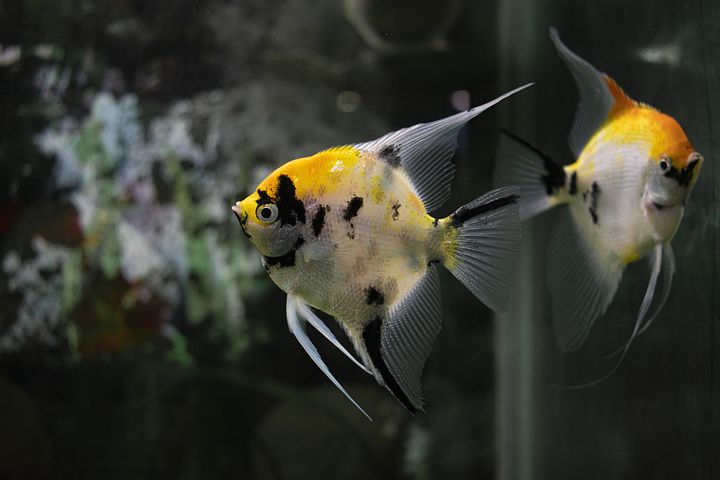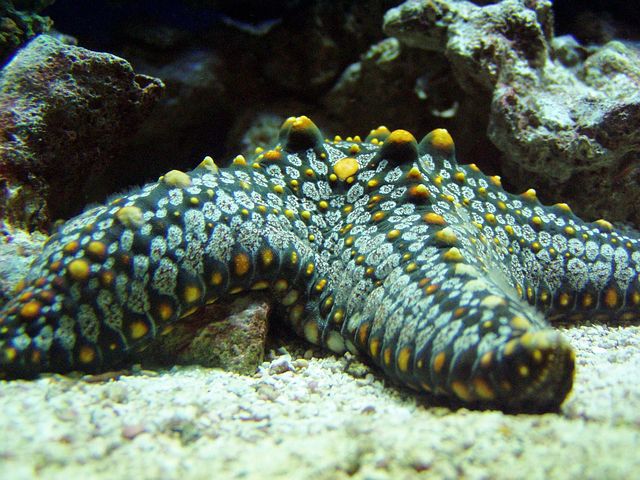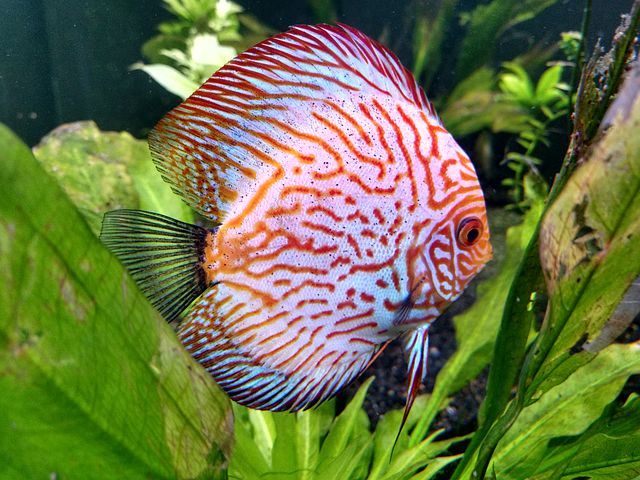The brief: Marine life is moving from the equator towards cooler waters

The richest diversity of marine life on Earth is said to be in the tropical water at the equator. Indeed, it has vibrant coral reefs and large aggregations of tunas, sea turtles, manta rays and whale sharks. This number of marine species naturally diminishes as you head towards the poles.
Until now, ecologists have assumed this global pattern has remained stable over recent centuries. The global pattern is now rapidly changing. When this happened 252 million years ago, 90% of all marine species died.

The pattern
The pattern of this change has a bell-shape. That is, where the number of species starts lower at the poles and peaks at the equator. Distribution records for nearly 50,000 marine species were collected since 1955 and this shape was confirmed.
Therefore, as our oceans warm, species have tracked their preferred temperatures by moving towards the poles. Although the warming at the equator of 0.6℃ over the past 50 years is relatively modest compared with warming at higher latitudes, tropical species have to move further to remain in their thermal niche compared with species elsewhere. As ocean warming has accelerated over recent decades due to climate change, the dip around at the equator has deepened.

Implications
Losing species in tropical ecosystems means ecological resilience to environmental changes is reduced, potentially compromising ecosystem persistence.
In subtropical ecosystems, species richness is increasing. This means there’ll be species invaders, novel predator-prey interactions, and new competitive relationships. This could result in ecosystem collapse, in which species go extinct and ecosystem services (such as food supplies) are permanently altered.
To be noted that, currently, 2.7% of the ocean is conserved in fully or highly protected reserves. This is well short of the 10% target by 2020 under the UN Convention on Biological Diversity.
